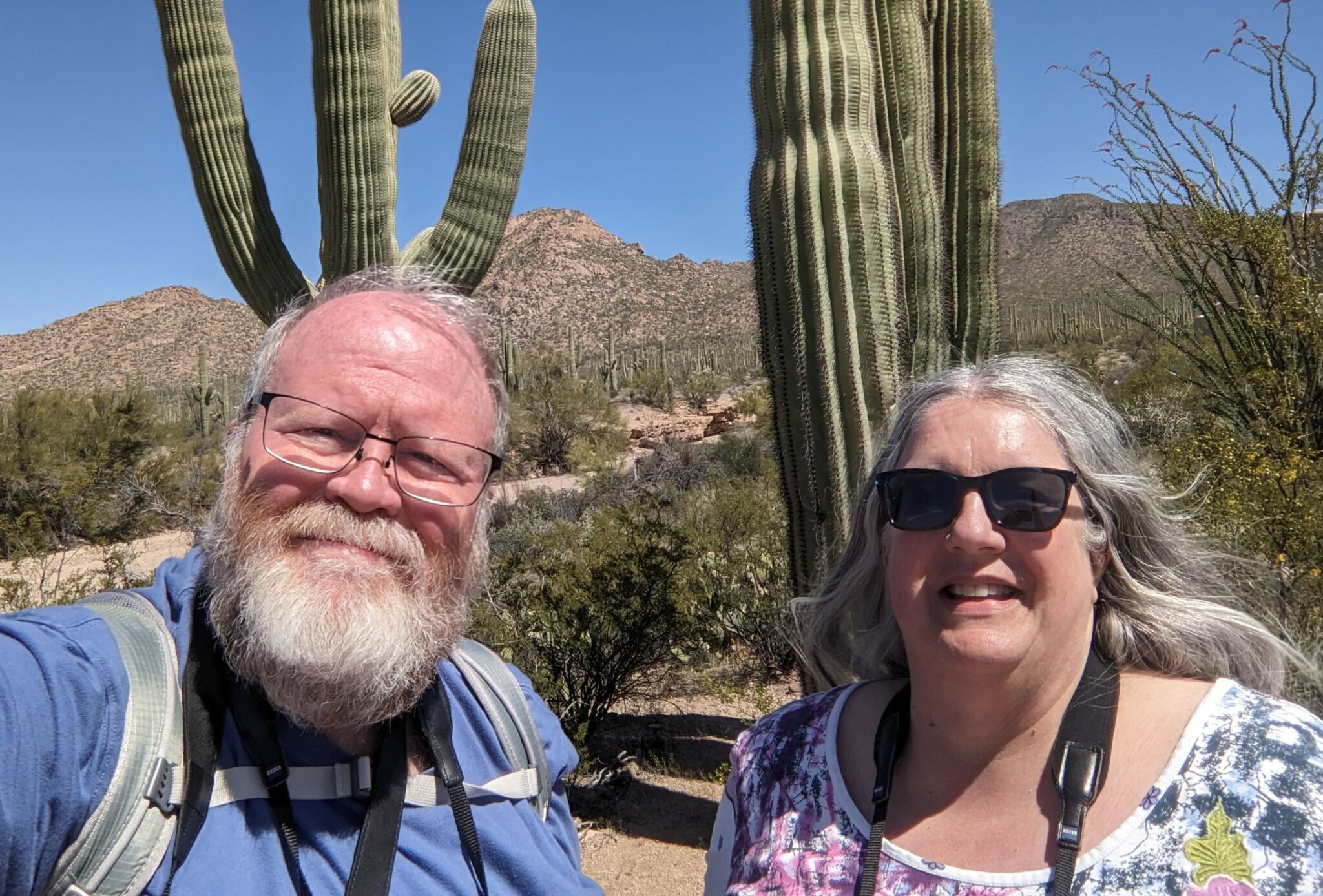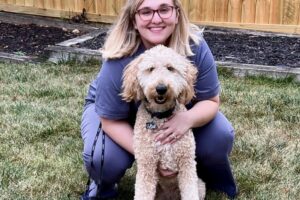In the spring of 2023, I gained a new appreciation for the gift of breathing.
Over a period of weeks, I grew increasingly short of breath. As I was misdiagnosed twice, first with allergy-induced asthma and then bronchitis, I struggled more and more to breathe during everyday activities.
After several weeks, I was so short of breath that I couldn’t walk from one room to another without stopping to gasp for air, my heart pounding. Finally I grew terrified enough that I knew I needed to go to the emergency room, where I was diagnosed with multiple blood clots in both lungs (pulmonary emboli).
Once I got the correct diagnosis, I received excellent treatment from a vascular surgeon (EKOS procedure) that improved my breathing almost immediately. After several days in the hospital, I was discharged from the hospital with a rivaroxaban prescription and a few pages of printed information about compression socks and risks associated with my new medication.
In the weeks following my hospitalization, as I came to understand the seriousness of my condition, I wondered why I had known nothing about pulmonary emboli, which are not rare and are often fatal. How could I not have been aware of such a dangerous condition? How could medical professionals not have checked for this condition when I went to urgent care twice with one of the most common symptoms, shortness of breath?
In my search for information, I learned of the National Blood Clot Alliance. I read the New Patient Resource Guide, joined the Facebook support group for clot survivors, and attended PEP Talks.
I am so thankful for the resources provided by the NBCA that I decided to become an NBCA Community Thrombassador. I want to help raise awareness of blood clot risks and symptoms so that others can get the life-saving treatment they need before it’s too late.
This experience has changed my lifestyle in that I have less stamina, and exercise has become more difficult. For a while, my anxiety made it difficult to travel. But I am focused on gradually increasing my activity and making sure I get up and move when sitting for a period of time.
My advice is to know the risks and symptoms, and advocate for yourself and your loved ones if you develop symptoms.
Resources
NBCA Community Thrombassadors
PEP Talks
Know Your Risk: Checklist for Women




